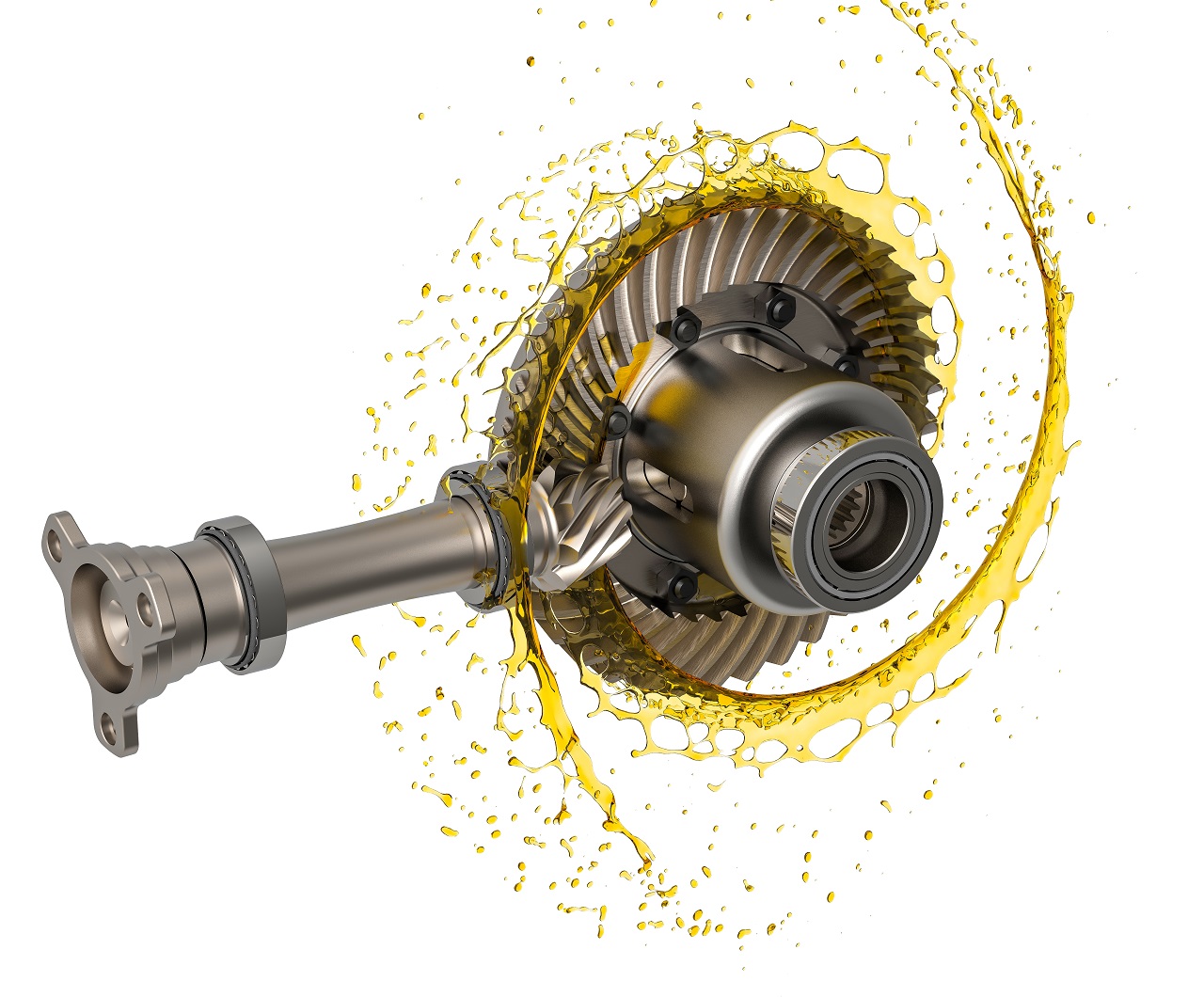In the demanding world of construction, every piece of equipment must perform flawlessly under intense conditions. From excavators and bulldozers to cranes and loaders, hydraulic systems are at the heart of most heavy machinery. Central to these systems is Hydraulic Oil, a specialized fluid that does much more than just lubricate. The choice and maintenance of hydraulic oil can dramatically affect the efficiency, reliability, and lifespan of construction equipment. At EVISCO, we understand how critical hydraulic oil is, and this article delves into how hydraulic oil enhances construction equipment performance and why it deserves your close attention.
Understanding Hydraulic Oil and Its Role in Construction Equipment
Hydraulic oil is a vital fluid used within the hydraulic systems of construction machinery. These systems rely on pressurized fluid to transmit power, enabling machines to lift, push, and move heavy loads with precision. Unlike ordinary lubricants, hydraulic oil must fulfill multiple functions simultaneously, including lubrication, heat dissipation, corrosion protection, and hydraulic power transmission.
The performance of construction equipment is heavily dependent on the quality and condition of the hydraulic oil. When the oil operates optimally, it ensures smooth movement, reduces wear and tear, and helps machinery operate efficiently even under the harshest conditions.
Why Hydraulic Oil Quality Matters
Hydraulic oil is exposed to extreme pressure, temperature fluctuations, and contaminants like dust, water, and metal particles during operation. Poor quality or degraded oil can lead to inefficient power transmission, increased friction, and faster degradation of hydraulic components. Using high-grade hydraulic oil that meets industry standards is essential to maintain the equipment’s performance and minimize costly downtime.
Enhancing Efficiency Through Optimal Hydraulic Oil
Hydraulic oil plays a pivotal role in maximizing the efficiency of construction equipment. The right hydraulic oil minimizes internal friction between moving parts, which directly impacts fuel consumption and operational speed. High-quality hydraulic oil possesses excellent viscosity properties, meaning it flows easily at various temperatures while maintaining a protective lubricating film.
By reducing friction and maintaining system cleanliness, hydraulic oil helps equipment operate smoothly and respond quickly to controls. This translates to more precise movements and faster completion of tasks on construction sites, ultimately boosting overall productivity.
The Impact on Fuel Economy
Hydraulic systems that function efficiently with proper hydraulic oil consume less fuel because the machinery does not have to work harder to overcome resistance. When hydraulic oil is degraded or contaminated, the system experiences increased drag and pressure losses, leading to greater fuel consumption and reduced operational efficiency. Therefore, investing in superior hydraulic oil supports not only equipment longevity but also economic savings through better fuel economy.
Extending Equipment Lifespan with Hydraulic Oil
Construction equipment represents a significant capital investment, and protecting this investment is crucial. Hydraulic oil acts as a protective agent by preventing wear, corrosion, and overheating of sensitive hydraulic components such as pumps, valves, and cylinders.
Lubrication and Wear Prevention
One of the primary functions of hydraulic oil is to lubricate moving parts. This lubrication prevents metal-to-metal contact, reducing wear and extending component life. When hydraulic oil maintains a stable lubricating film under pressure and temperature variations, it protects against premature failure and costly repairs.
Corrosion Resistance and Contaminant Control
Hydraulic oil also contains additives that inhibit corrosion caused by moisture and contaminants. Construction equipment often operates in dusty, wet, and abrasive environments, which can introduce harmful particles into the hydraulic system. High-quality hydraulic oil helps trap these particles, allowing them to be filtered out, thus preserving the internal integrity of the machinery.
Improving Reliability and Reducing Downtime
Unexpected breakdowns can cause project delays and inflate operational costs. Hydraulic oil significantly influences the reliability of construction equipment by ensuring consistent hydraulic power and protecting critical components from damage.
Heat Dissipation and Temperature Control
During operation, hydraulic systems generate heat due to fluid friction and mechanical work. Hydraulic oil absorbs and dissipates this heat, preventing system overheating that could lead to fluid breakdown and component failure. By maintaining optimal temperature levels, hydraulic oil supports stable hydraulic pressure and system reliability.
Preventing Hydraulic System Failures
When hydraulic oil is clean, properly formulated, and regularly maintained, it reduces the risk of failures such as valve sticking, pump cavitation, and seal damage. This leads to smoother machine operation and fewer interruptions, enabling construction teams to meet tight schedules confidently.
Maintenance Tips for Hydraulic Oil in Construction Equipment
To harness the full benefits of hydraulic oil, regular maintenance is essential. Routine oil analysis helps detect contamination and degradation early, allowing timely oil replacement before damage occurs. Using OEM-recommended hydraulic oils and adhering to scheduled oil changes are critical for maintaining system health.
Furthermore, installing high-quality filtration systems prevents contaminants from circulating in the hydraulic fluid, ensuring the oil remains clean and effective. Proper storage of hydraulic oil away from moisture and extreme temperatures also preserves its performance characteristics.
Choosing the Right Hydraulic Oil for Your Equipment
Selecting the correct hydraulic oil is not a one-size-fits-all decision. Factors such as the type of construction equipment, operating conditions, and manufacturer specifications should guide your choice. Oils with advanced additive packages designed for anti-wear, anti-oxidation, and corrosion inhibition are preferred for heavy-duty applications.
Synthetic hydraulic oils often outperform mineral-based oils in extreme temperature conditions, offering better viscosity stability and longer service life. Consulting with suppliers like EVISCO can help you identify the best hydraulic oil suited to your equipment and work environment.
Conclusion: The Essential Role of Hydraulic Oil in Construction Equipment Performance
Hydraulic oil is the lifeblood of construction equipment, influencing every aspect of its operation from efficiency and fuel economy to reliability and longevity. Investing in the right hydraulic oil and maintaining it properly ensures your machinery performs at its best, withstands harsh environments, and avoids costly downtime.
At EVISCO, we provide top-quality hydraulic oils formulated to meet the rigorous demands of construction equipment. By prioritizing hydraulic oil maintenance and selection, you protect your investment, improve operational efficiency, and contribute to the success of your projects. Make hydraulic oil a key part of your equipment care strategy and experience the difference in performance and durability today.



